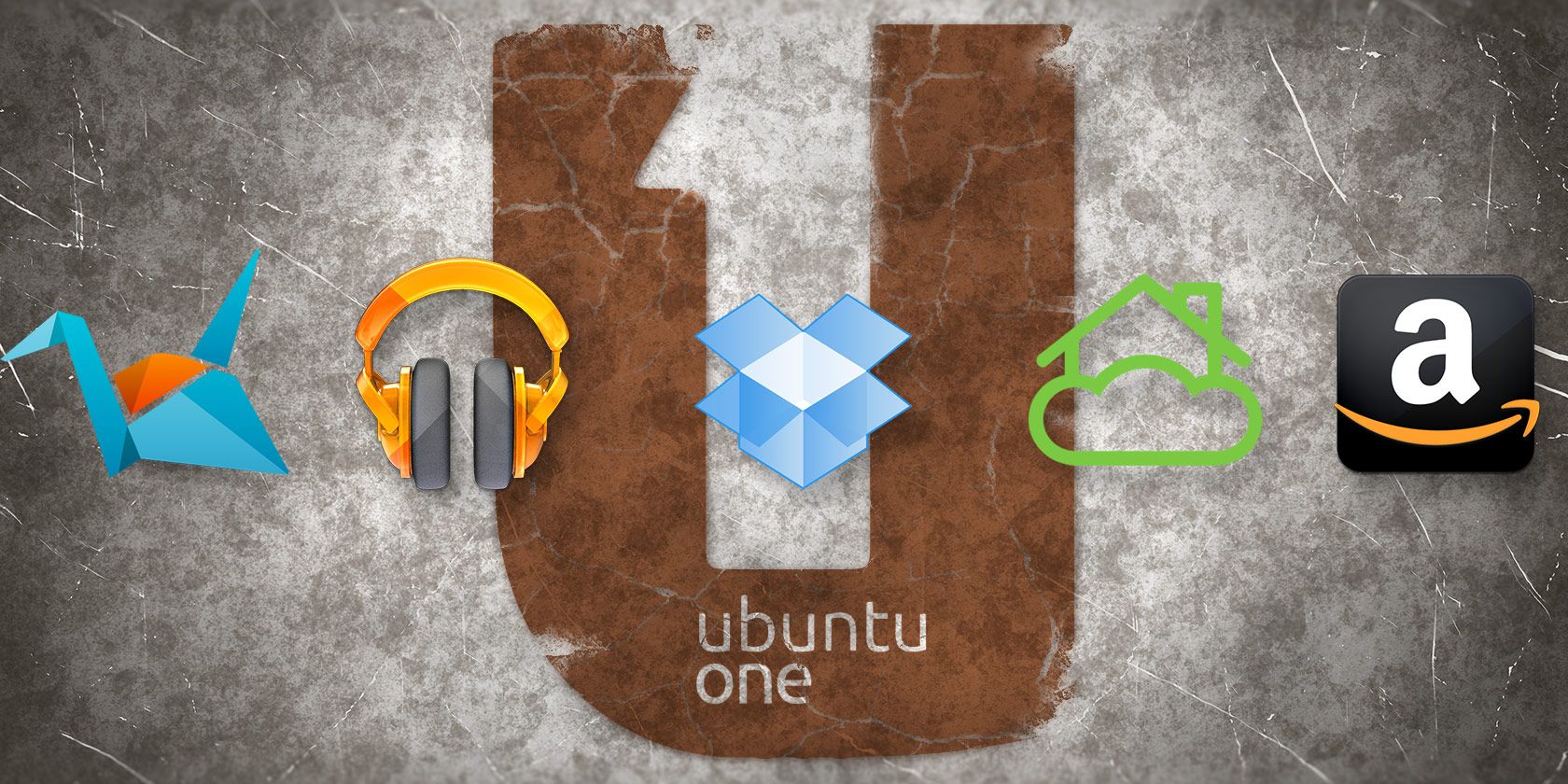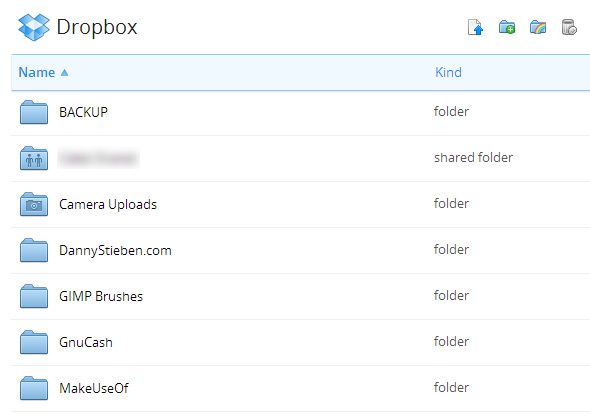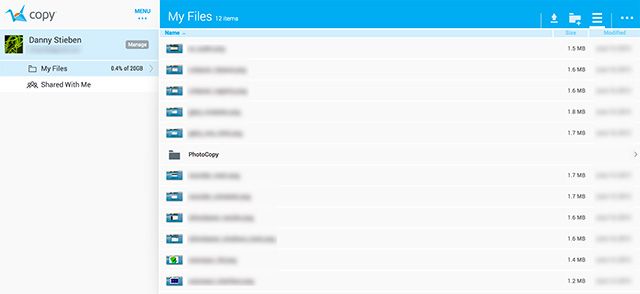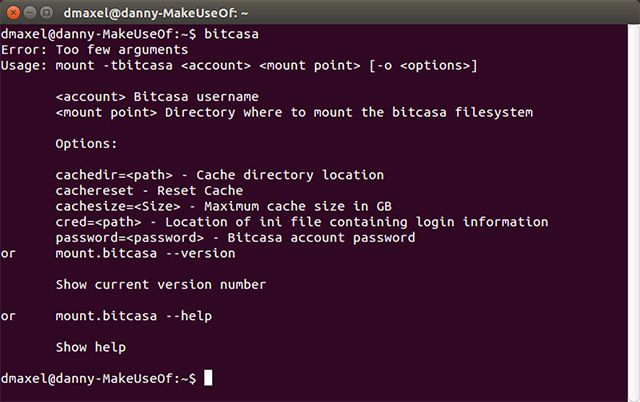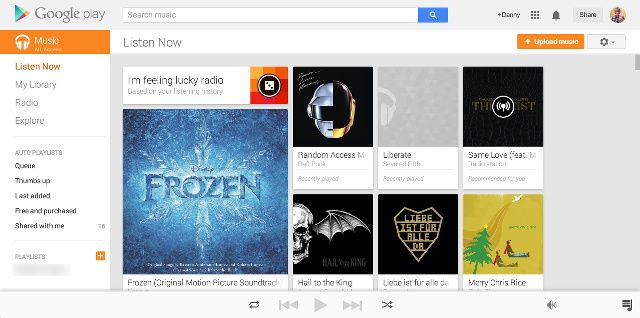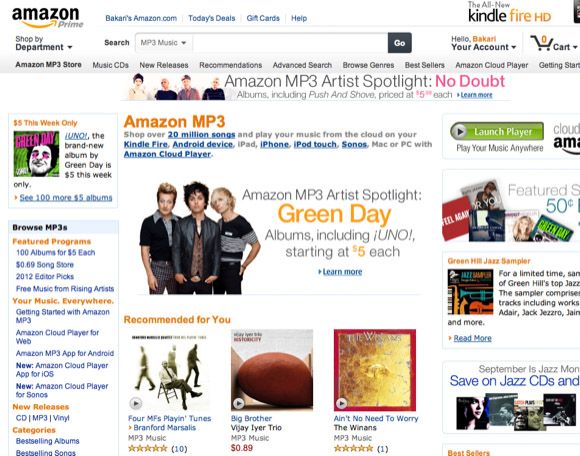Ubuntu One, the cloud storage and music service made specifically for Ubuntu users, is shutting down. Here are the best alternatives.
Canonical decided it's not worth running Ubuntu One anymore, but they're leaving ample time for users to get their data off of Ubuntu One before it goes offline on June 1. Ssers can download their data until July 31.
In the meantime, it's important to know what your alternatives are. Here are the top 5 choices for Linux-friendly cloud services that can replace Ubuntu One.
Dropbox
Dropbox is the most obvious choice when it comes to cloud storage. It's the most reliable, the most well-known, and has the best cross-platform support. The Linux client works exactly the same as the client on all other platforms, so it "just works."
The only downside to Dropbox is that you only get 2GB of storage for free, but it's rather easy to get some extra storage by using the affiliate links provided. However, it's somewhat difficult to reach 5GB, and even harder to get past that.
Additionally, some people may be worried about privacy issues with Dropbox. If you're one of those people, you can still use Dropbox by following these six steps to secure cloud storage.
Copy
If Dropbox's 2GB of free storage aren't enough, Copy is the next best competitor. While it's not nearly as popular as Dropbox, it's very functional and offers great cross-platform support. Best of all, with Copy you get 15GB of free storage, which is far more than Dropbox offers – and three times as much space than what Ubuntu One offered.
Copy even offers a service which allows you to move your files from other cloud storage services, which includes Box, Google Drive, and Dropbox.
Finally, Copy is also a good choice compared to Dropbox if you're concerned about your privacy, because Copy is transparent and open with their efforts to protect your data.
Bitcasa
Lastly, there's Bitcasa. The service even offers 20GB of free storage for free accounts, but limits you to only connect three devices to the account. Paid accounts can offer unlimited space.
Bitcasa acts like a storage room. It doesn't behave quite like Dropbox, because it doesn't synchronize the files located there with your system, but rather just shows placeholders. The files will then only be downloaded if you want to do something with them. You can also make a file available offline if you know you'll need it.
Bitcasa does offer a Linux client, but it's a command-line utility only which you use to mount your Bitcasa drive to a folder on your system. There's no graphical utility for configuring it, so it maybe not be for everyone.
Why Not Google Drive?
It's not hard to see that Google Drive is left off of this list – but why?
Although it's a great cloud storage service that I would like to recommend, I can't. Google Drive doesn't have an official Linux client, which makes synchronizing with it virtually impossible.
There is an unofficial sync client available, but you'll need to pay for it if you want to use it longer than the trial period. So because you can't easily synchronize with it, I just can't recommend it until Google comes out with a client for Linux.
Google Music
Ubuntu One wasn't just about cloud storage -- it had a music store too. There are two top alternatives that can replace Ubuntu One's music store.
The first choice is Google Music. Not only is it easy to buy music from an outstanding collection, but you can also use the Google Music Manager for Linux to upload your collection to the cloud and download the music you've purchased. It's simple to use, and works well on all platforms.
Amazon Music
Alternatively, you can buy music from Amazon. While you won't get the benefits of buying the music and having a client automatically download it for you, you'll still get the music you want from a great collection. You also won't have to worry about the DRM and other issues that make life hard for Linux users.
Conclusion
While it's sad that Ubuntu One is going away, it's far from the end of the world. You have plenty of great choices that work well on Linux, so what more could you ask for?
What other lesser-known alternatives can you recommend? Do you have any concerns with the ones we listed? Let us know in the comments!

